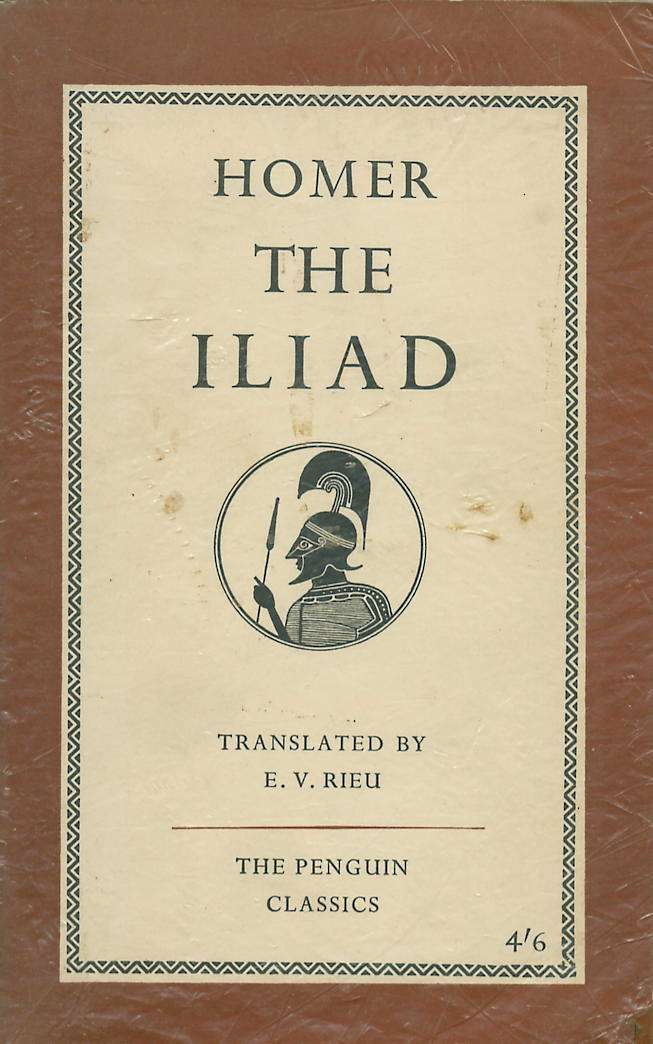
Sign up for this course to learn with Prof. Joseph Pearce as he guides us through Homer’s classic work. We will examine the ways in which its moral vision harmonizes with that of Christianity, offering timeless insights into the human condition.
How to get the most out of The Iliad with Joseph Pearce:
- Students should do the reading assignment for each class prior to the class.
- During the class, the student should highlight the passages that Professor Pearce is specifically discussing and review these passages in preparing for the Quiz.
- Students should always have two levels of reading in mind: the literal level, i.e. the facts relayed in the narrative, but also the allegorical level, i.e. the deeper meaning that Homer is conveying in his narrating of the facts.
Total Classes: 6
Duration: 55 minutes
Prerequisite: The ability to understand and enjoy The Iliad
Suggested Grade Level: 9th to 12th grade
Suggested Credit: 1/2 semester Literature or English. Add another literature or a writing course for full credit.
Instructor: Joseph Pearce
Course Description: Homer is at the foundation of Western Civilization and is arguably, with the possible exception of Dante and Shakespeare, the greatest writer that Western Civilization has produced. Professor Pearce will guide us through Homer’s classic work, examining the ways in which its moral vision harmonizes with that of Christianity, offering timeless insights into the human condition.
Course Outline:
- Week One: Books I-IV: Setting the scene; the anger of Achilleus and the will of Zeus; lust and its consequences.
- Week Two: Books V-VIII: Gods in the fray; Hektor accuses Paris; Hektor’s family; Hektor’s fate; Paris’ obstinacy in sin; Zeus the Almighty?
- Week Three: Books IX-XII: Agamemnon’s dilemma; anger and its consequences; love and lust; prayer and suffering; the pride of Achilles; Hate unleashed; the power of Zeus; the power of Hektor.
- Week Four: Books XIII-XVI: Zeus versus Poseidon: Menelaos the philosopher; a doctrine of grace; Hektor accuses Paris again; the seduction of Zeus; the teasing of Hera; Zeus sleeps; the omnipotence of Zeus; the “omnipotence” of Hektor; the hardness of Achilleus; Zeus weeps; Hektor slays Patroklos.
- Week Five: Books XVII-XX: Men as toys of the gods?; the indifference of the gods?; Zeus’ pity?; Achilleus regrets his anger; Homer’s judgment; Achilleus rekindles his anger; the armour of the gods; women to blame?; the goddess Delusion; reckless anger; Achilleus the blameless?; Zeus versus the gods; the source of Virgil’s Aeneid; Achilleus the merciless.
- Week Six: Books XXI-XXIV: Achilleus the merciless continued; the gods as toys of Zeus?; the insignificance of mortals?; Priam’s wretched fate; Hektor’s agonizing dilemma; the death of Hektor; Andromache’s grief; the desecration of Hektor’s corpse; death as the shadowlands; the gods protect Hektor’s body; the metaphorical moral; the lust that led to disaster; Zeus intervenes; the theology of the two urns; lamentations for Hektor.
Course Materials: The Iliad by Homer. Make sure to obtain the Richmond Lattimore translation, University of Chicago Press, ISBN #0-226-46940-9, https://amzn.to/3ZH7quU
- Teacher: Joseph Pearce